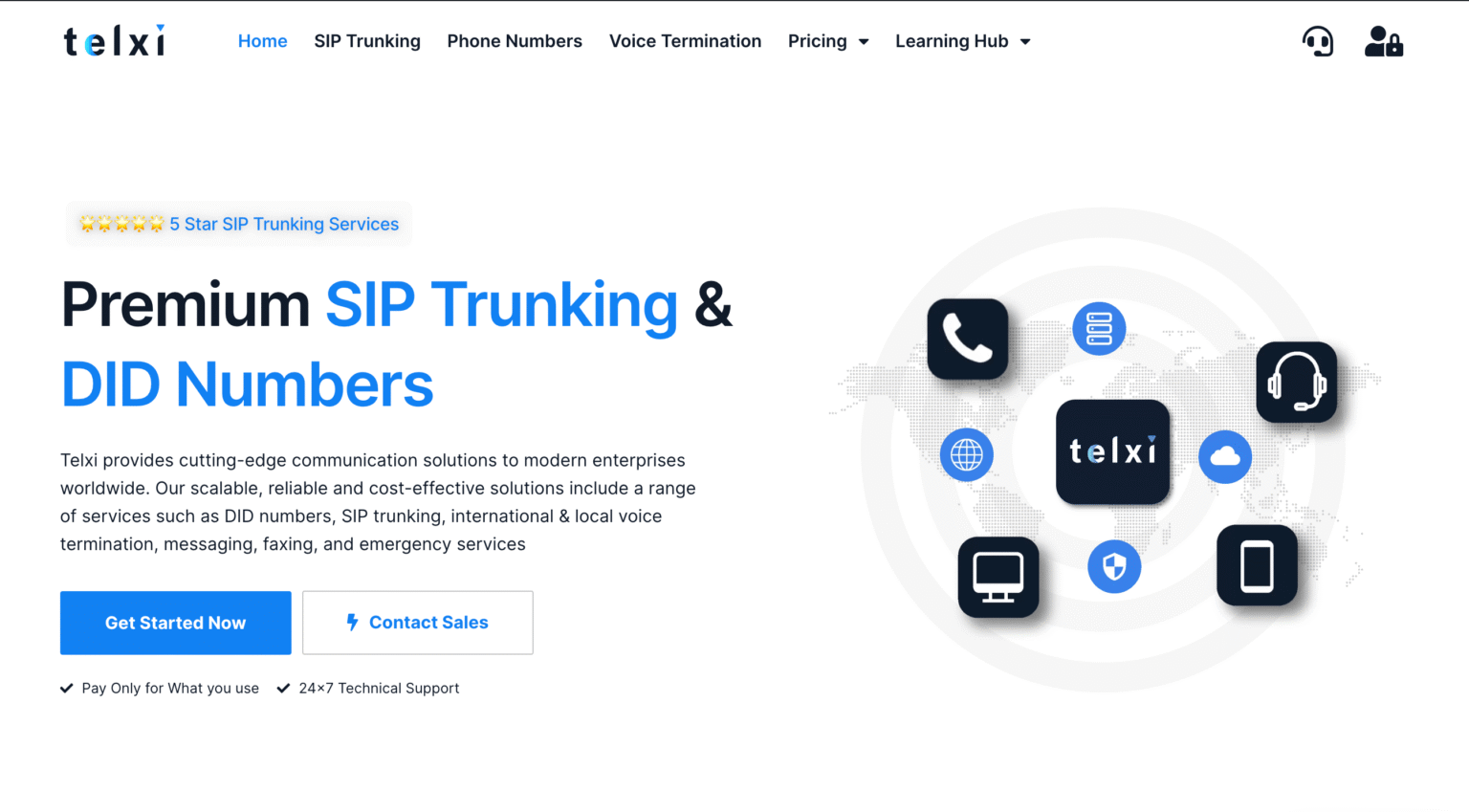Voice over Internet Protocol (VoIP Provider) has become one of the most transformative technologies for businesses and individuals alike. Instead of relying on traditional landlines, VoIP allows users to make voice calls using a broadband internet connection. This shift offers flexibility, cost savings, and advanced features that were once limited to large enterprises. However, the real challenge lies in selecting the right VoIP provider, as the market is filled with options catering to different needs.
What Makes VoIP Attractive?
The primary advantage of VoIP is cost efficiency. Long-distance and international calls that would typically cost a fortune on a traditional phone line are much more affordable when routed through the internet. Beyond pricing, VoIP providers often include features such as call forwarding, voicemail-to-email, video conferencing, and mobile integration. These features make communication more seamless for both small businesses and large organizations.
Key Factors to Consider in a VoIP Provider
When evaluating VoIP providers, businesses should prioritize several essential factors:
- Reliability and Call Quality – Clear, uninterrupted communication is critical. Look for providers with strong infrastructure and minimal downtime. Call quality can vary depending on the provider’s servers and how they handle data traffic.
- Scalability – A growing company needs a system that can expand effortlessly. The ideal VoIP provider should allow businesses to add or remove users without complicated setups or excessive costs.
- Features and Integrations – Modern companies rely on multiple tools for operations. Choosing a VoIP provider that integrates with customer relationship management (CRM) software, project management platforms, and email systems ensures smoother workflows.
- Customer Support – Technical issues can disrupt communication at the worst possible time. A provider with responsive customer support, available around the clock, is invaluable.
- Security – As with any internet-based service, VoIP is susceptible to cyber threats. Providers must offer encryption, firewalls, and other protective measures to safeguard sensitive communications.
Types of VoIP Providers
There are generally three categories of VoIP providers:
- Residential VoIP Providers: Designed for home users who want affordable calling plans, especially for long-distance communication.
- Business VoIP Providers: These focus on professional features like call queues, conference calling, auto attendants, and collaboration tools.
- Mobile VoIP Providers: Popular among freelancers and remote workers, these services are app-based and allow calling through smartphones or tablets.
Why Businesses Are Switching to VoIP
The rise of remote work has accelerated the demand for VoIP services. Employees can use the same business number whether they are in the office, at home, or traveling abroad. This flexibility strengthens professionalism and ensures consistent communication with clients. Additionally, the cost savings of VoIP are significant, particularly for companies with international operations.
Final Thoughts
Selecting the right VoIP provider requires careful evaluation of cost, features, and support. While affordability is important, businesses should not sacrifice reliability or security. A strong VoIP system is more than just a phone replacement—it is a communication hub that can improve collaboration, enhance customer service, and support long-term growth. For companies looking to modernize their communication systems, investing in the right VoIP provider is a step toward greater efficiency and competitiveness.


